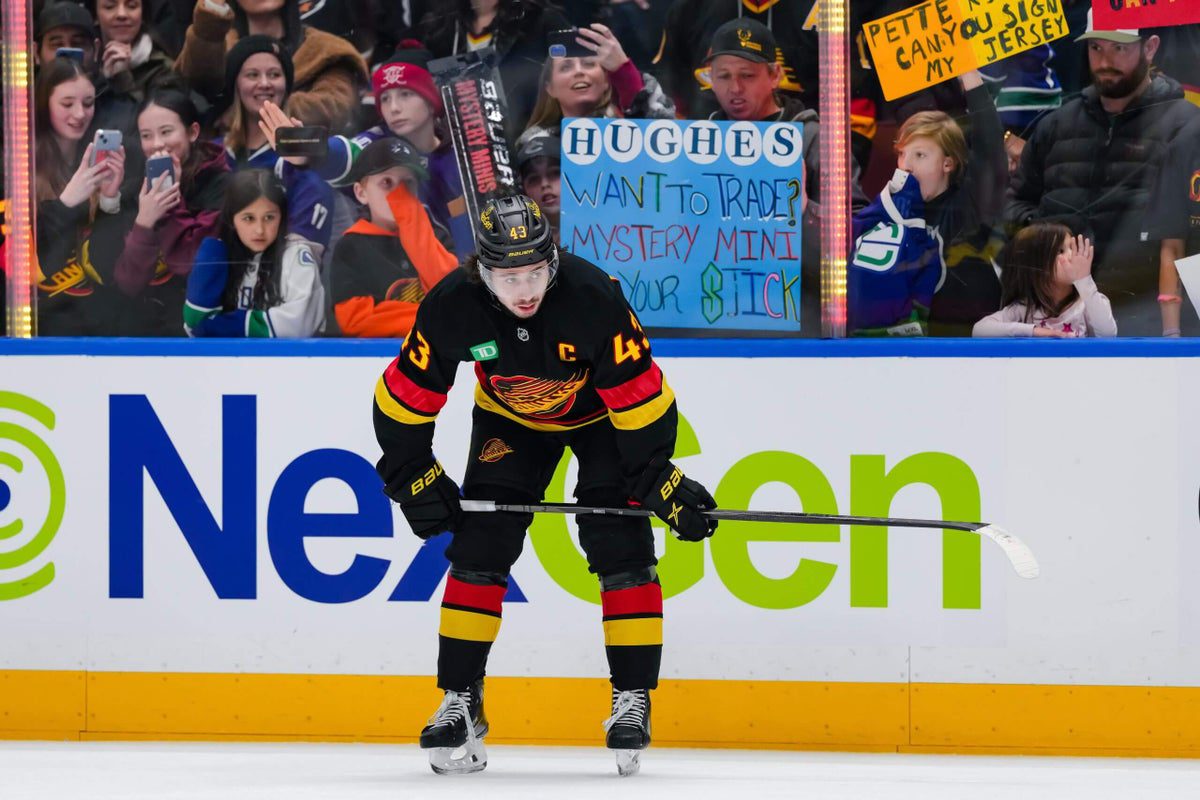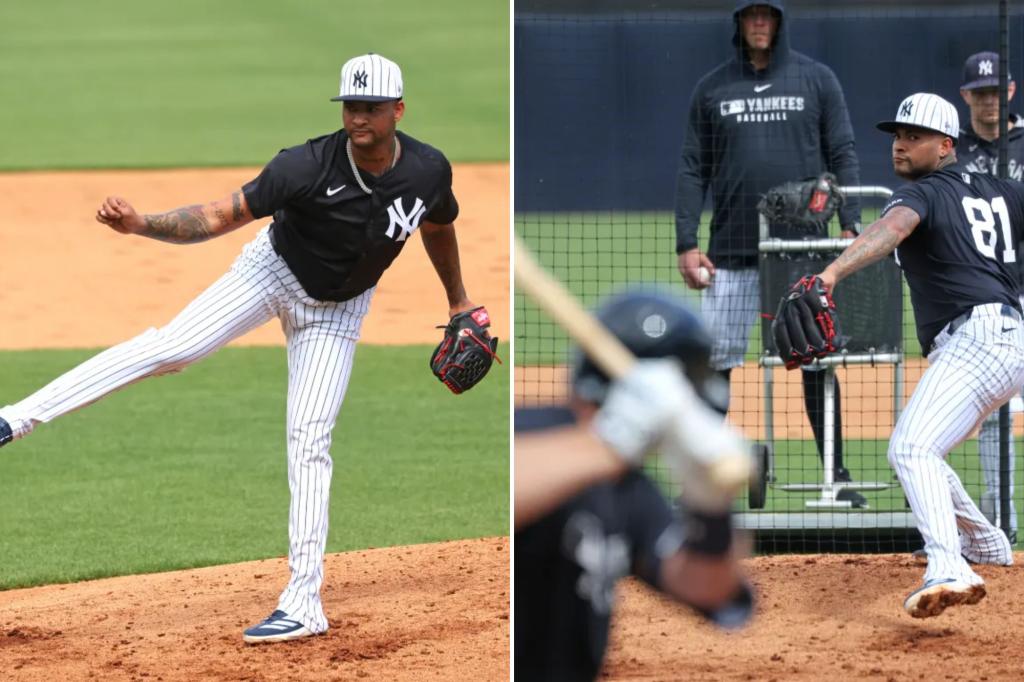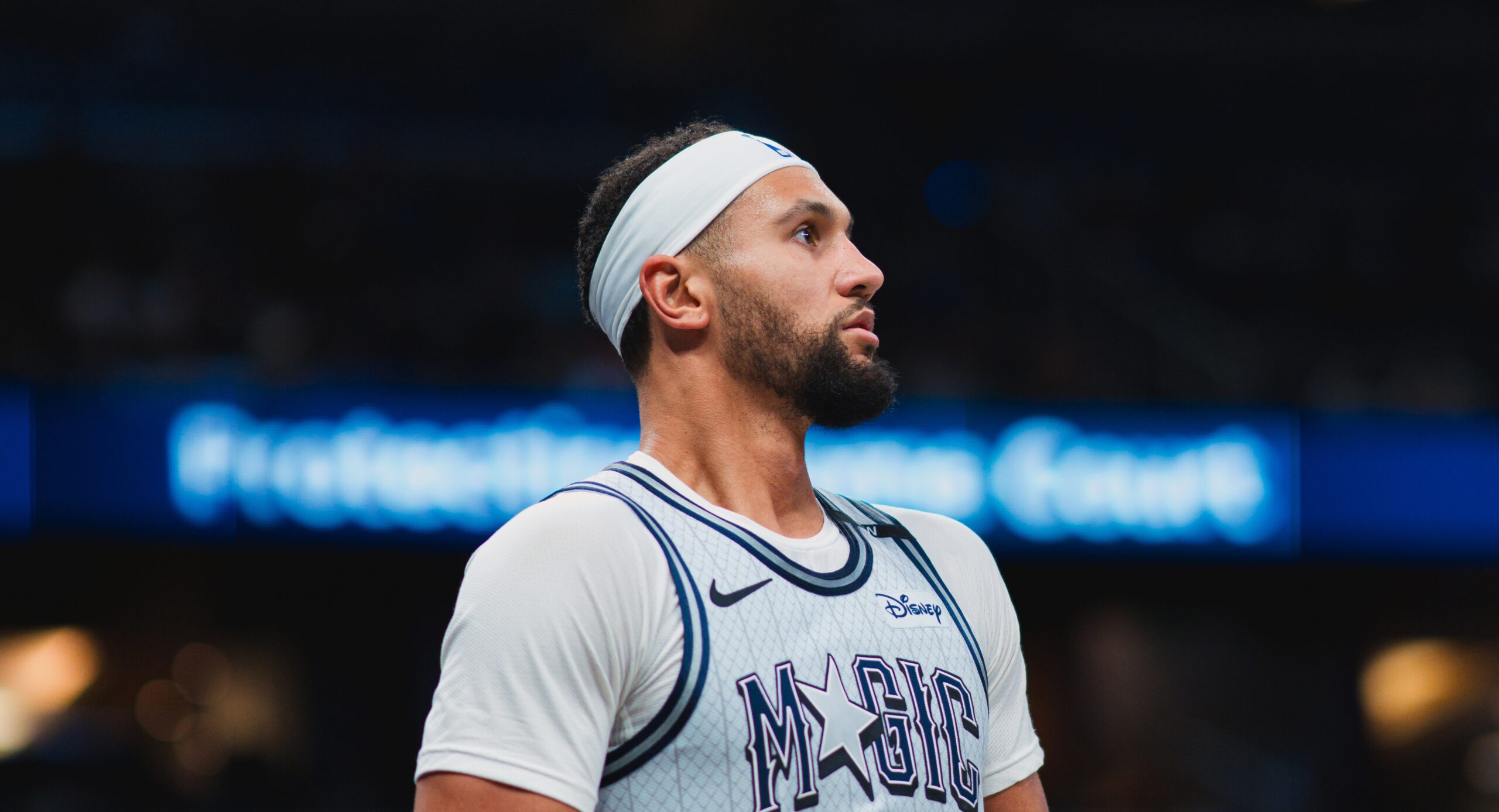
BOSTON — In preparation for the championship showdown against Canada on Thursday night, the U.S. team is welcoming the reigning Norris Trophy recipient to its roster for the 4 Nations Face-Off.
Defenseman Charlie McAvoy has been ruled out of the title match due to an infection related to an upper-body injury sustained while playing in his home arena. During a press conference at TD Garden on Tuesday, coach Mike Sullivan surprised everyone by announcing that Vancouver Canucks standout Quinn Hughes is en route to Boston to join the team.
Sullivan, however, could not confirm whether Hughes would be available to play on Thursday night. “We’ll take it day by day,” he stated. “We’ll evaluate our options and make decisions based on what we have. I wish I could provide more clarity, but I can’t at this moment.”
It appears Hughes will only be able to compete if the U.S. faces further injury or illness among its defensemen prior to the match against Canada.
Originally named to the U.S. roster in June, Hughes had to withdraw from the tournament due to an oblique injury. He was replaced by Ottawa Senators prospect Jake Sanderson, who stepped in for McAvoy in the recent 2-1 loss to Sweden on Monday.
NHL deputy commissioner Bill Daly informed The Athletic on Tuesday that Hughes can only play if the team has fewer than six defensemen ready for the game against Canada.
In a similar scenario last week, Team Canada expedited the arrival of Dallas Stars defenseman Thomas Harley to Montreal after Shea Theodore was sidelined with an upper-body injury. Harley wasn’t allowed to practice or play unless Canada fell short of six defensemen. Following Cale Makar’s illness, Harley made his debut against the United States and was later officially added to Canada’s roster.
The same guidelines apply to Hughes, according to Daly. Unless one of the other defensemen—Sanderson, Zach Werenski, Adam Fox, Brock Faber, Jaccob Slavin, or Noah Hanifin—can’t participate on Thursday, Hughes will not be eligible to play. The U.S. wanted to ensure they had a backup ready, especially given the wave of illnesses affecting several players throughout the tournament.
For McAvoy, the situation is disappointing, especially after his strong and aggressive performance in last Saturday’s game against Canada. The 27-year-old is a former Boston University player, and playing in a title match at his home arena was a dream opportunity.
The timeline of McAvoy’s injury, which led to his hospitalization on Monday night, remains unclear, with Sullivan indicating it may not have occurred during the game against Canada.
“He’s understandably upset about missing the championship game,” said Sullivan, who is also McAvoy’s father-in-law. “This tournament is very important to him. Being competitive is in his nature, and I feel for him professionally and personally. He’s an outstanding player and a great person, and I know this meant a lot to him.”
Sanderson added, “It’s really unfortunate. He came into the tournament ready to give his all, and that’s a big part of why we’re in the finals. He deserves the recognition.”
The respect for Hughes from both teams was evident. “He’s an exceptional player and has been enjoying a remarkable season,” remarked Josh Morrissey. “If he plays, it definitely changes the dynamics, and we’ll have to adjust.”
Canada coach Jon Cooper noted that having both Cale Makar and Hughes in the final, after neither played during Saturday’s game, would be “great for the sport.”
“That’s for sure,” Cooper acknowledged. “Quinn Hughes is a unique talent. But I’m not familiar with the specific regulations. Is he eligible to play?”
When informed that the situation is still uncertain, Cooper chuckled. “It’s unfortunate he was injured initially. It doesn’t get much better than having those two on the ice.”
(Photo: Derek Cain / Getty Images)










